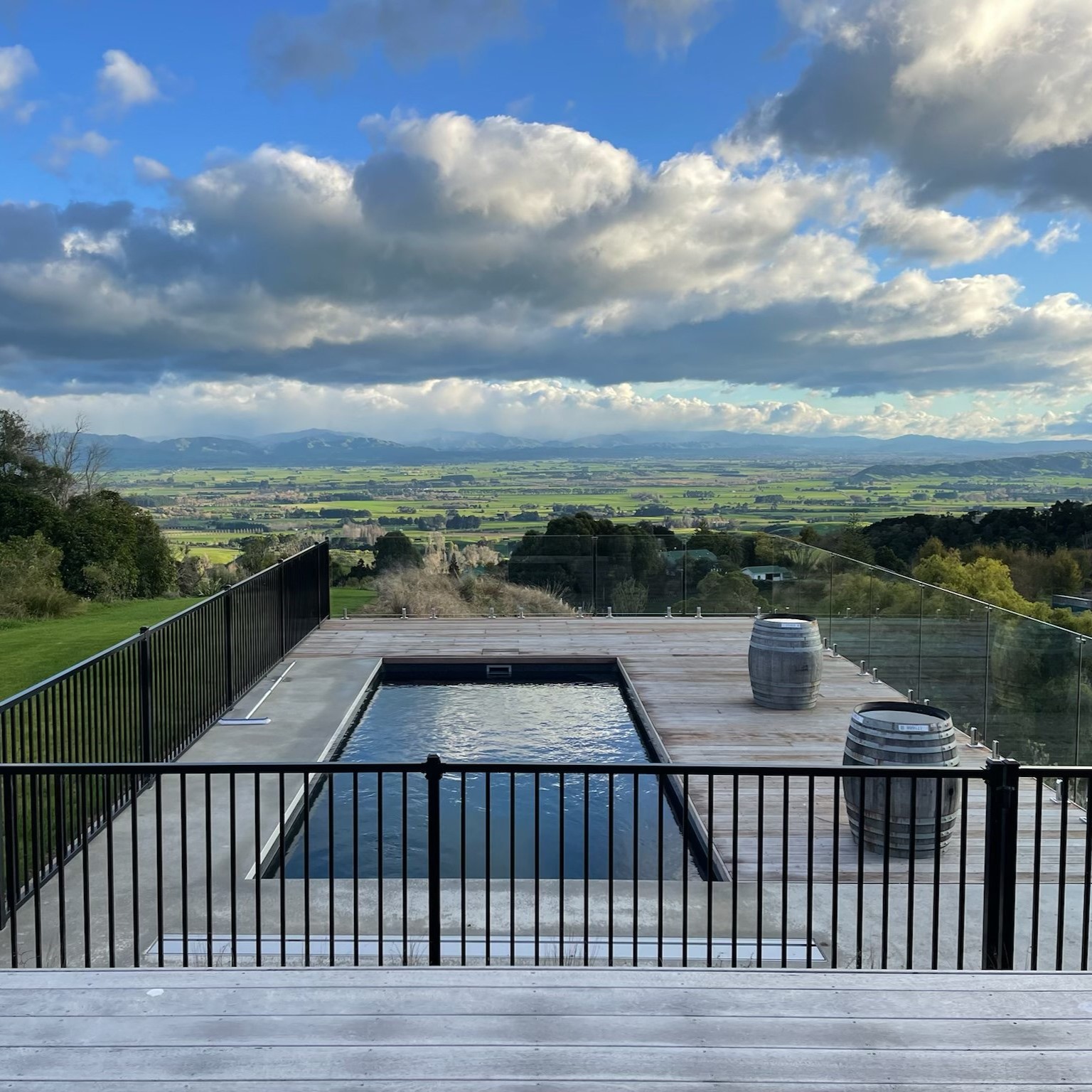When it comes to selecting a fence for commercial prope […]
When it comes to selecting a fence for commercial properties, security, durability, and low maintenance are among the top priorities. Commercial-grade aluminum fences have become a popular choice for these reasons, offering a long-lasting, aesthetically pleasing solution that requires minimal upkeep. The material of the fence plays a crucial role in ensuring its strength and longevity, making it essential to understand the composition of aluminum used in these fences.

Aluminum is chosen for its combination of light weight, resistance to corrosion, and strength, making it an ideal material for commercial fencing applications. However, not all aluminum is created equal, and the alloy, finish, and manufacturing processes can significantly impact the performance and appearance of a commercial-grade aluminum fence. This article will delve into the materials used in commercial-grade aluminum fences, focusing on the types of aluminum alloys, protective coatings, and manufacturing techniques that make these fences suitable for commercial use.
The quality and durability of an aluminum fence are largely determined by the alloy used in its production. Aluminum alloys are classified based on the specific metals they are combined with to enhance certain properties, such as strength, corrosion resistance, and workability. For commercial-grade fences, the commonly used aluminum alloys are 6063 and 6061.
6063 Aluminum Alloy The 6063 aluminum alloy is one of the common alloys used in the production of commercial-grade aluminum fences. It is known for its corrosion resistance, ease of fabrication, and aesthetic finish. The 6063 alloy is primarily composed of aluminum, with small amounts of magnesium and silicon. This combination provides a good balance of strength and malleability, making it ideal for applications like fencing, where both durability and an attractive finish are important.
Strength and Durability: While not the strength alloy, 6063 offers enough structural integrity for fencing applications. It is ideal for use in residential and commercial settings where moderate strength is required.
Corrosion Resistance: One of the key advantages of 6063 alloy is its resistance to corrosion, especially in outdoor environments. This makes it highly suitable for fence applications exposed to weather, including rain, snow, and sun.
6061 Aluminum Alloy The 6061 aluminum alloy is a higher-strength option compared to 6063, and it is often used for commercial-grade aluminum fences that need extra strength or are subjected to harsher conditions. This alloy is made from aluminum, magnesium, and silicon, and it offers tensile strength, making it suitable for more demanding applications.
Strength and Durability: 6061 is one of the strongest aluminum alloys, with a higher tensile strength compared to 6063. This alloy is often used in industrial applications or where higher security levels are necessary.
Corrosion Resistance: Like 6063, 6061 also offers corrosion resistance, making it a durable choice for outdoor environments.
Workability: While 6061 has strength, it is a bit more difficult to work with than 6063. However, for commercial applications requiring extra strength, the trade-off is well worth it.
Both 6063 and 6061 alloys are popular choices for commercial-grade aluminum fences, but 6061 is preferred when additional strength and rigidity are required, such as for larger or taller fences.
While the alloy used in the production of commercial-grade aluminum fences plays a significant role in their durability, protective coatings are equally important. These coatings help protect the aluminum from environmental elements such as moisture, UV rays, and pollution, which could otherwise cause the material to degrade over time.
Powder Coating Powder coating is one of the common and effective finishing techniques for aluminum fences. The process involves applying a dry powder to the surface of the aluminum, which is then heated to form a hard, durable finish. Powder coating provides a smooth, even layer that is resistant to chipping, scratching, fading, and corrosion.